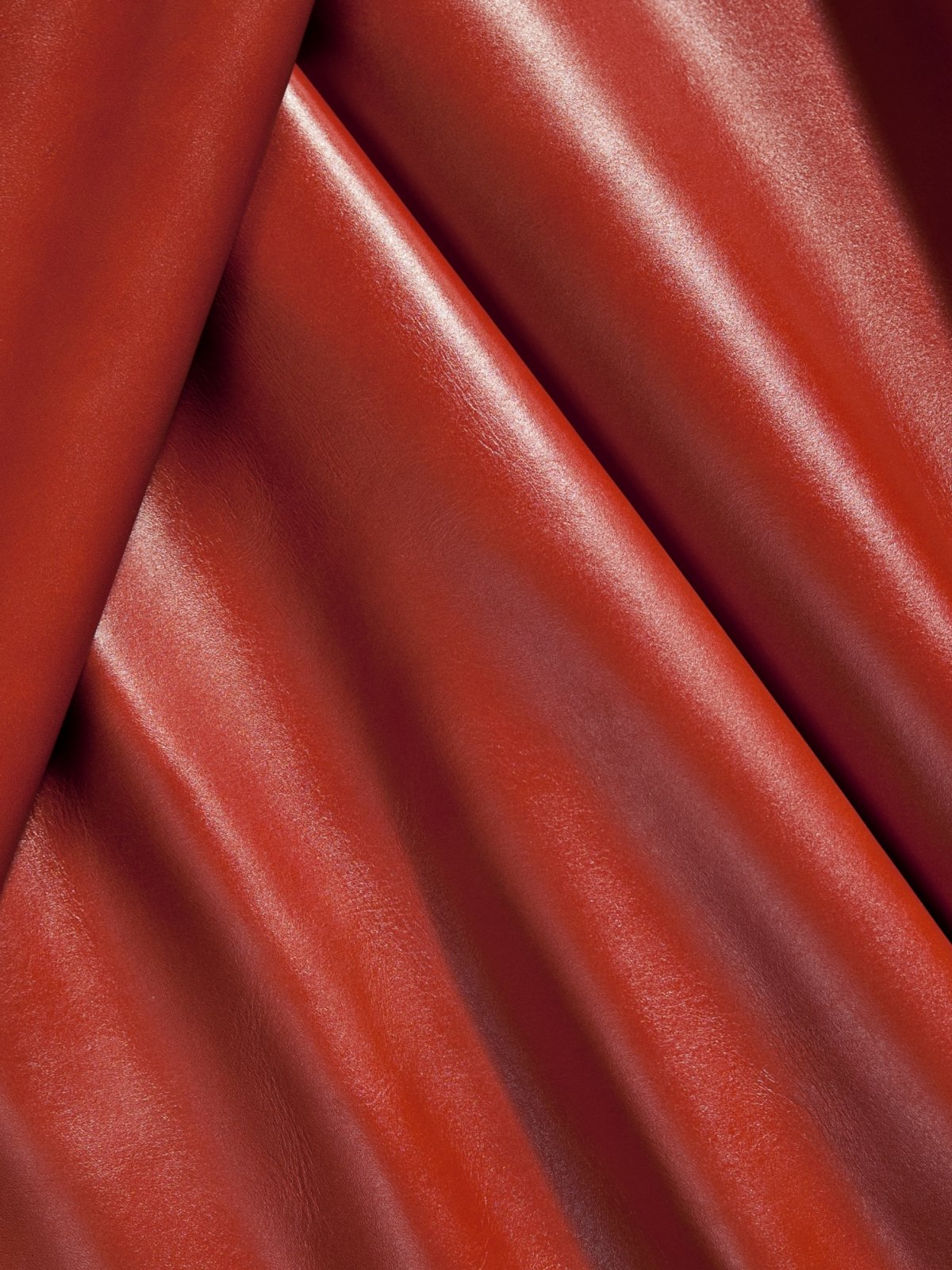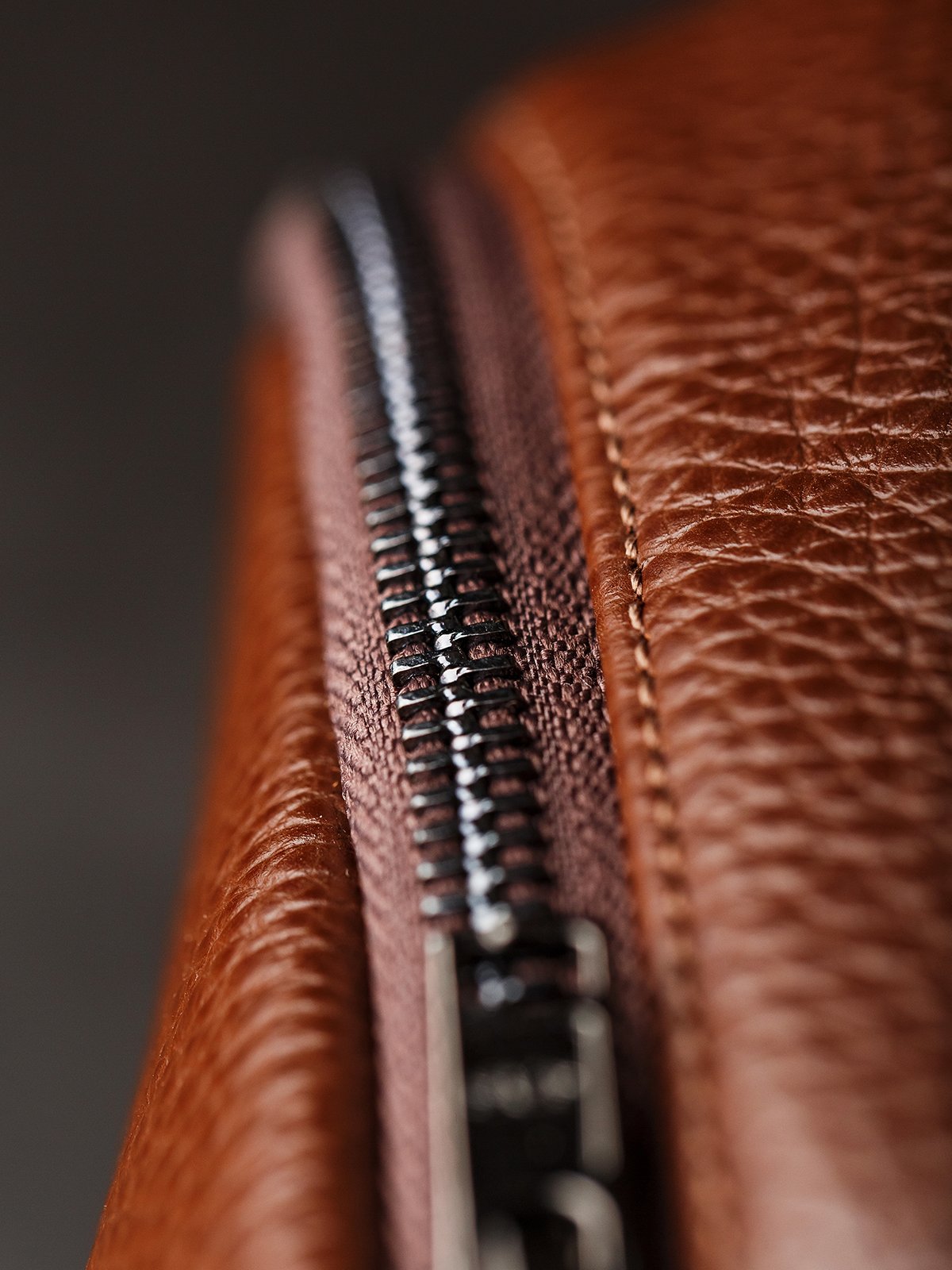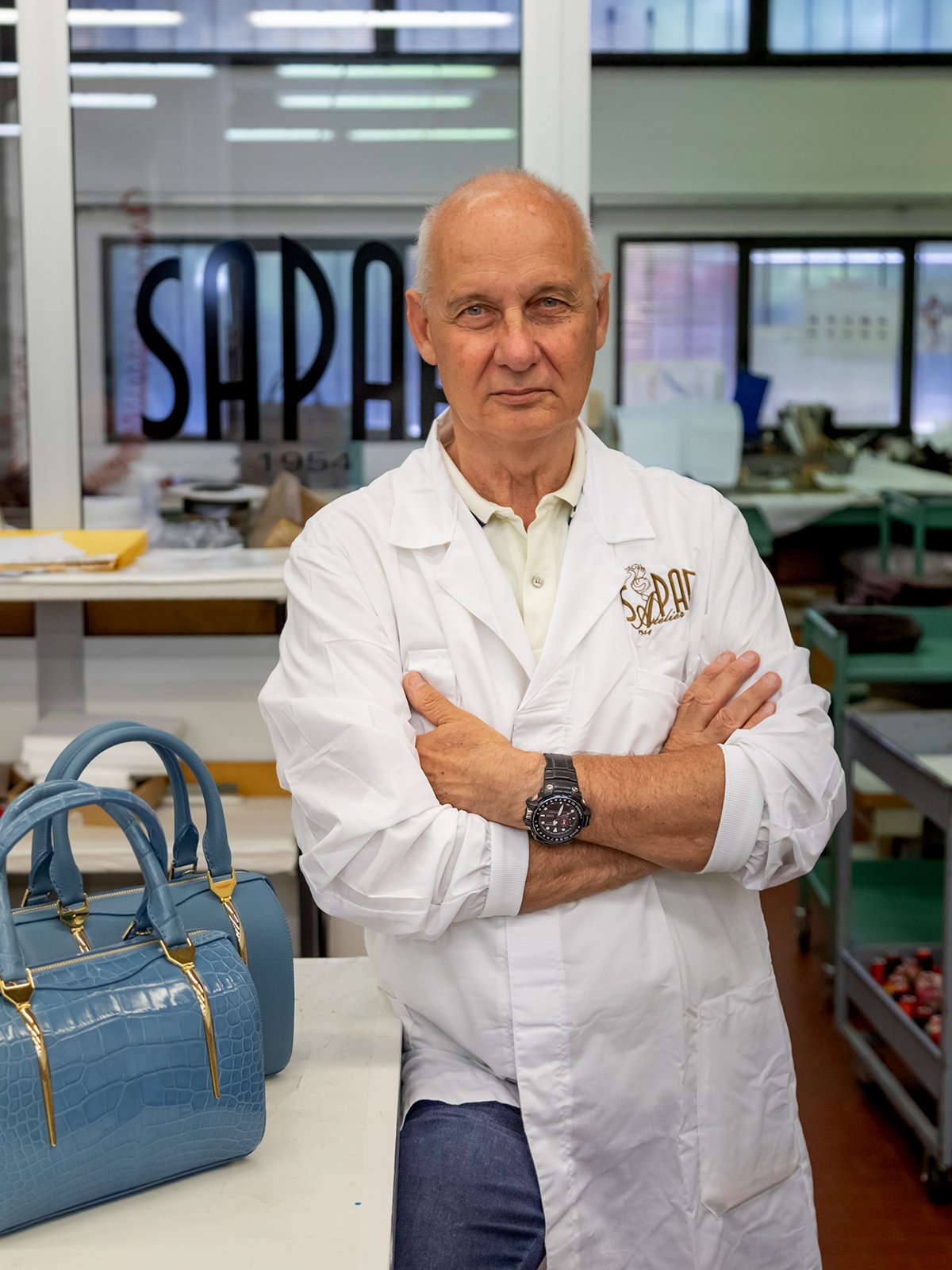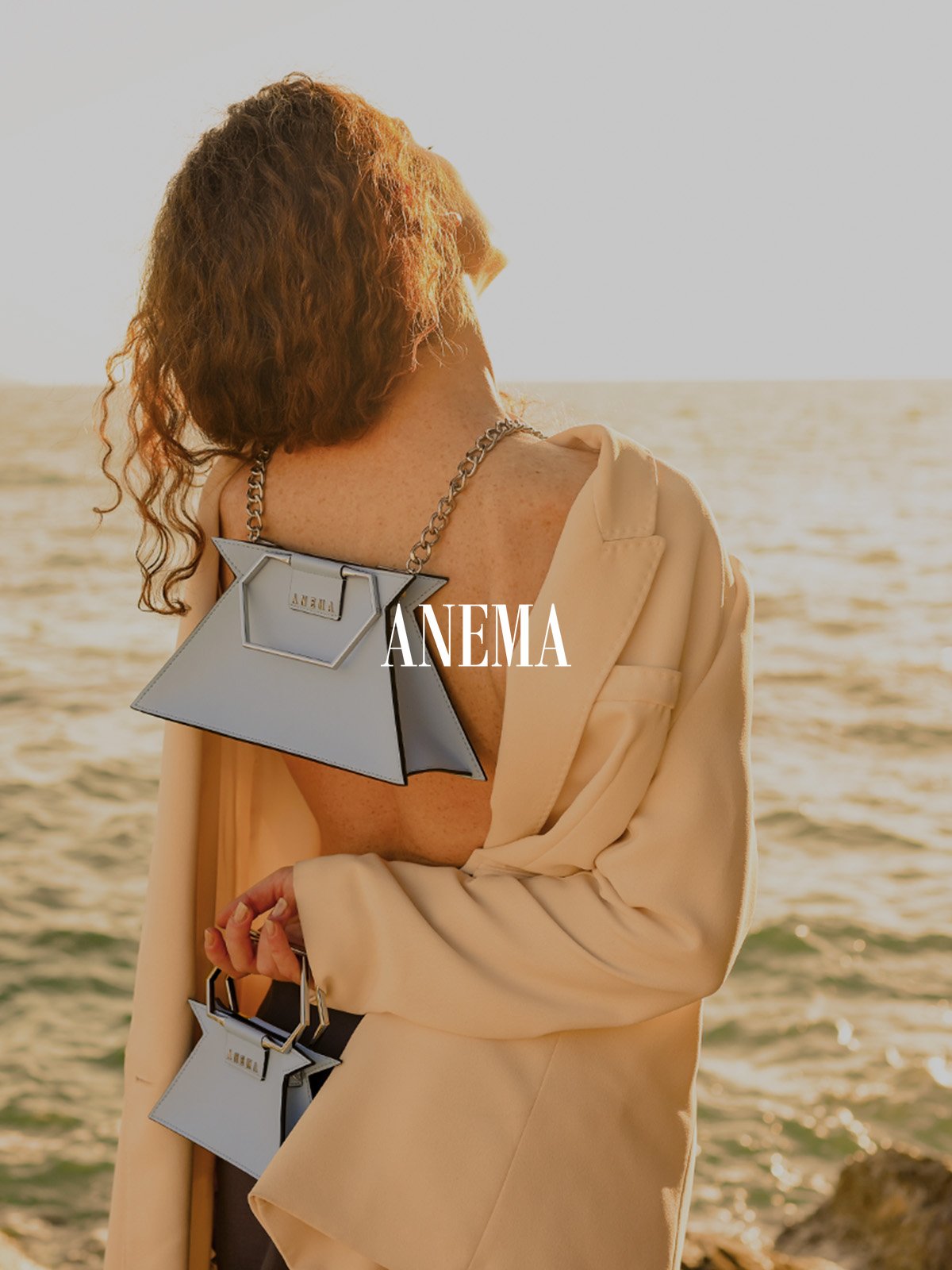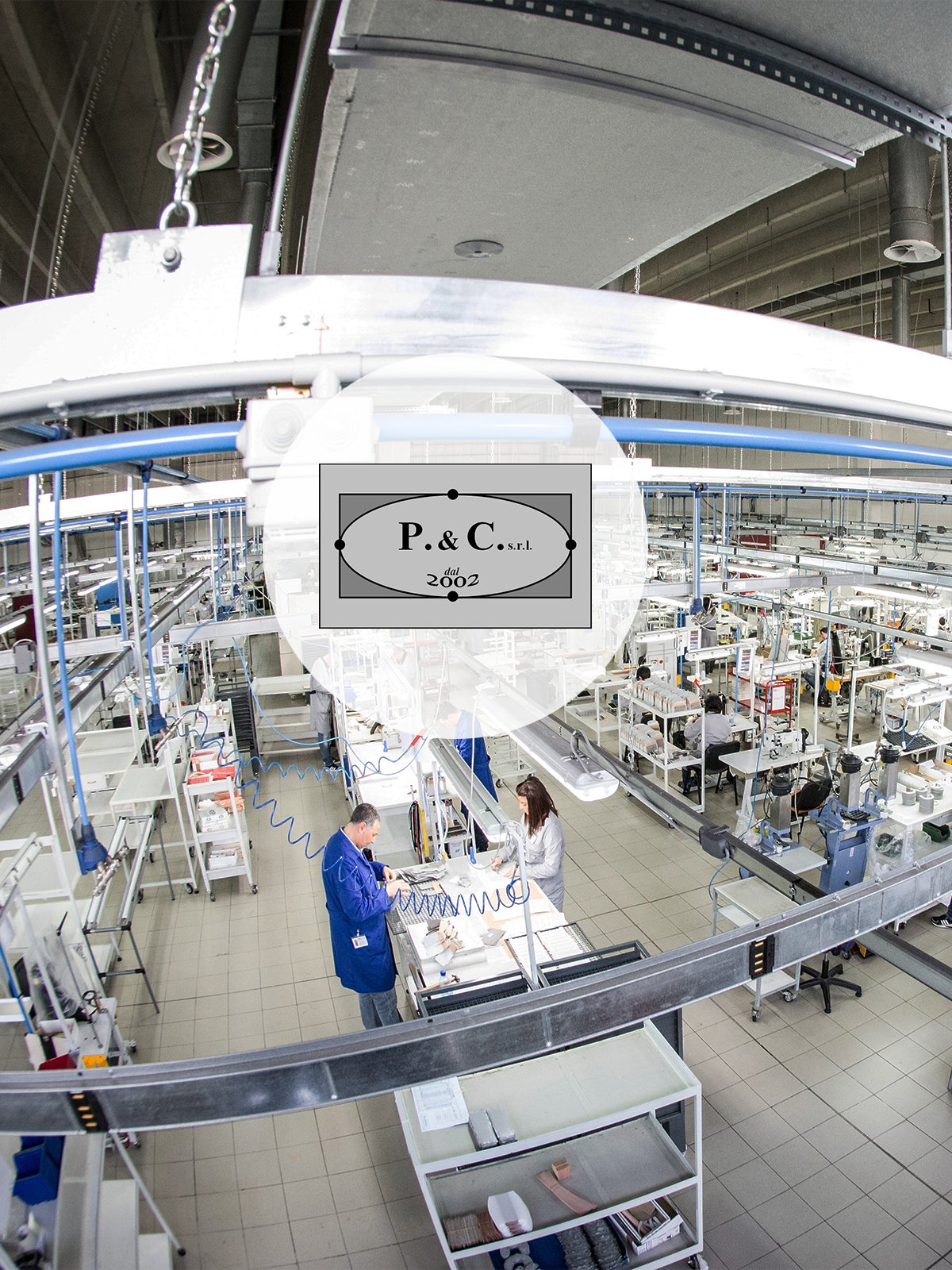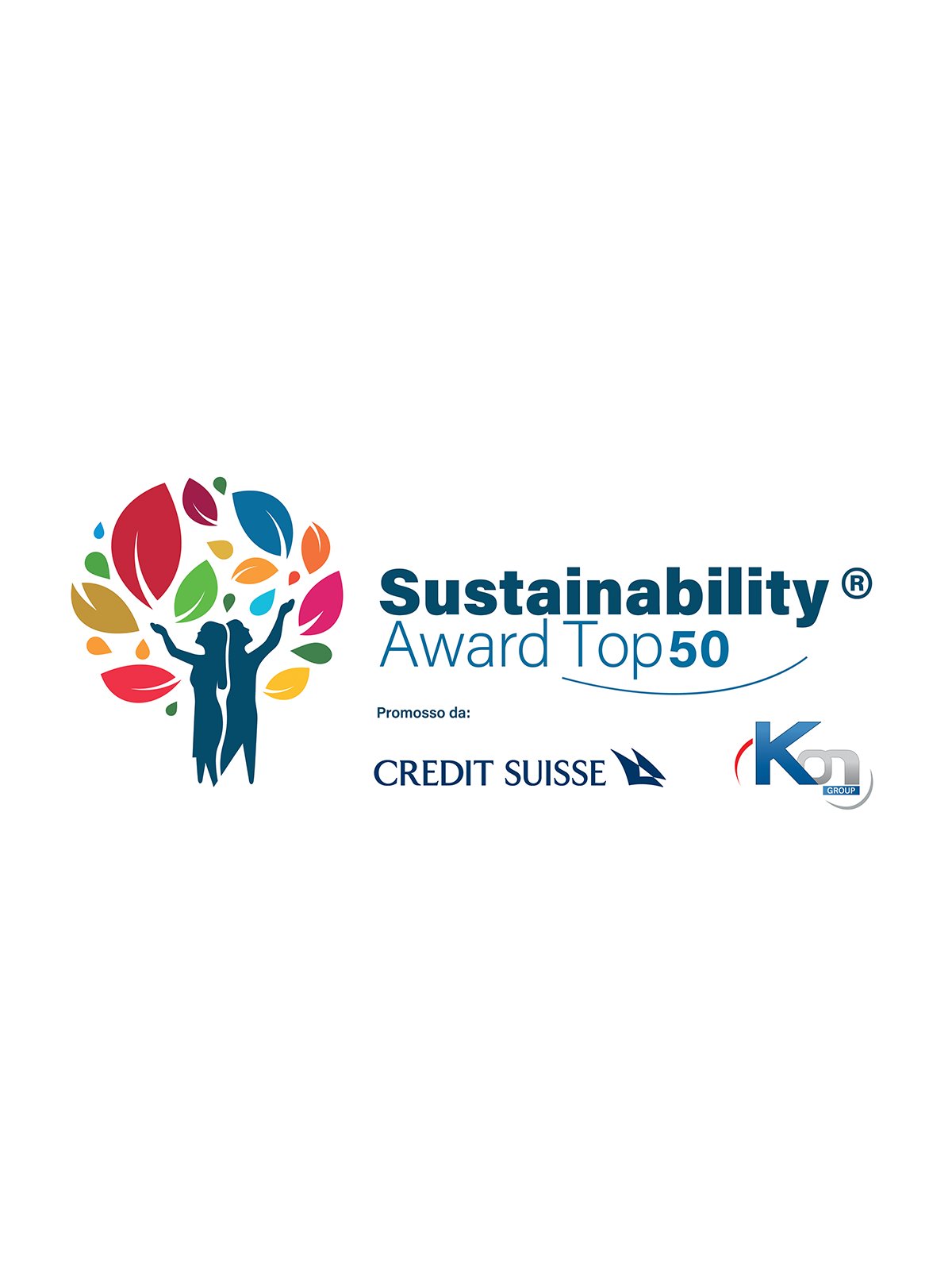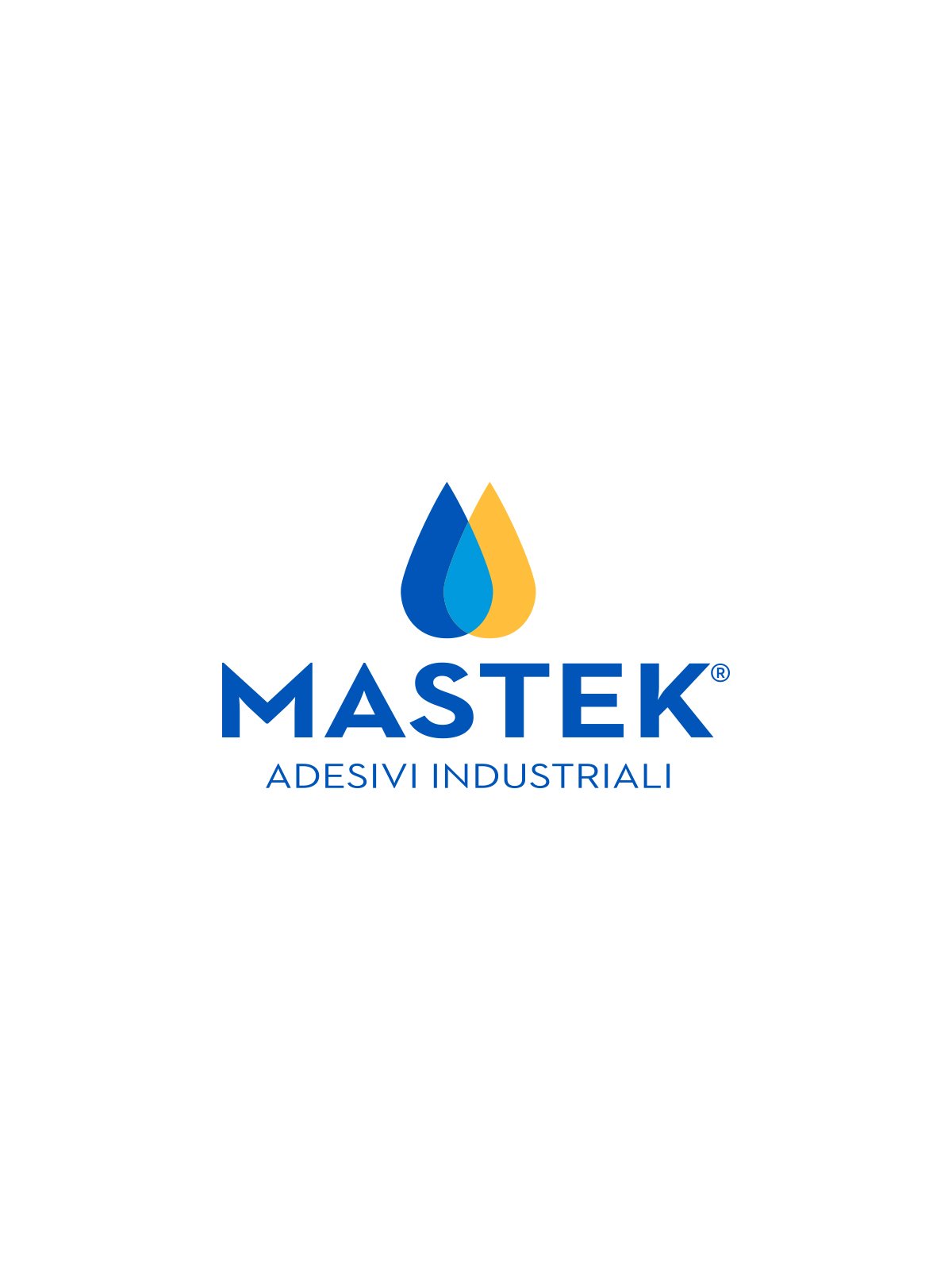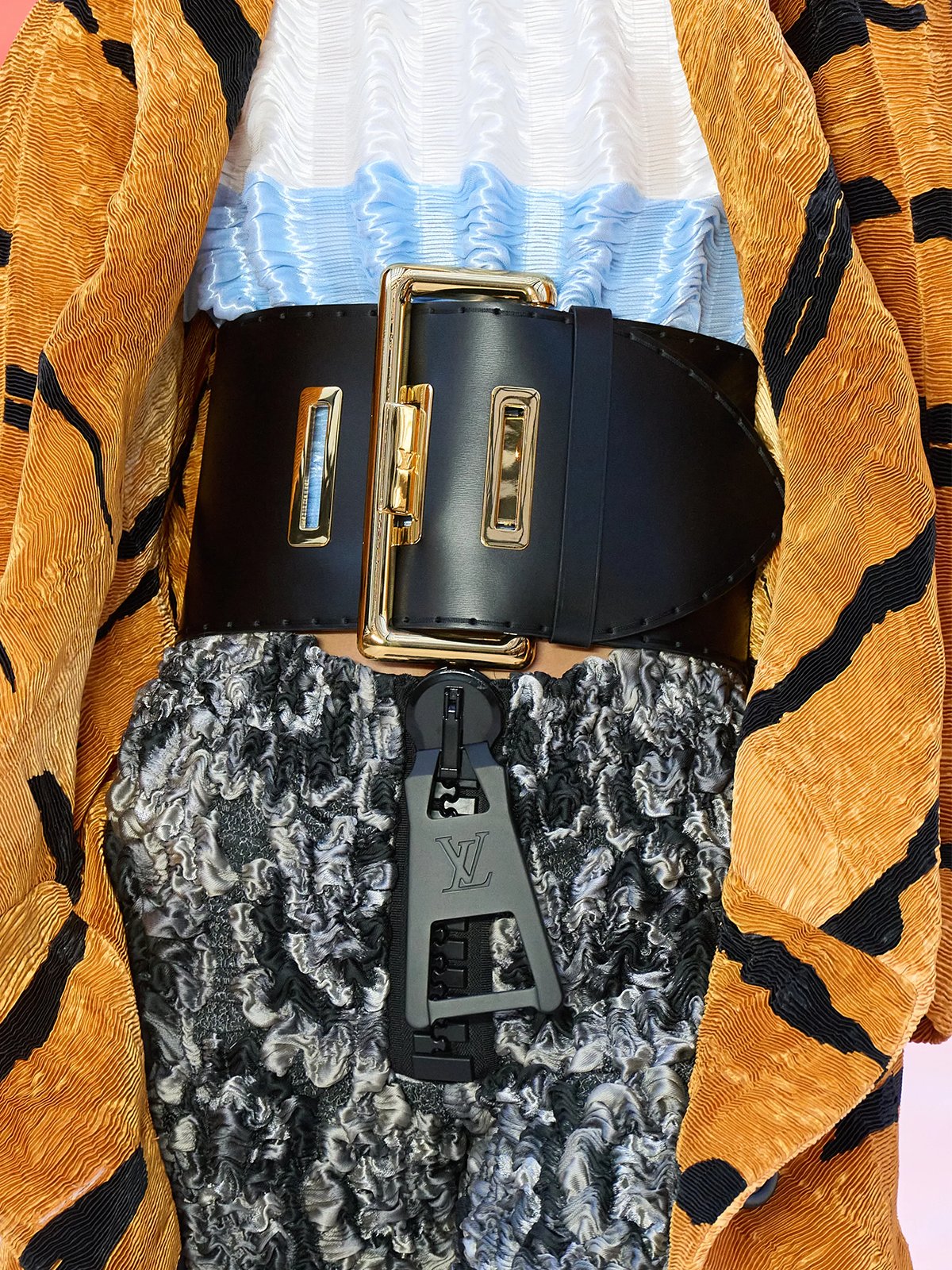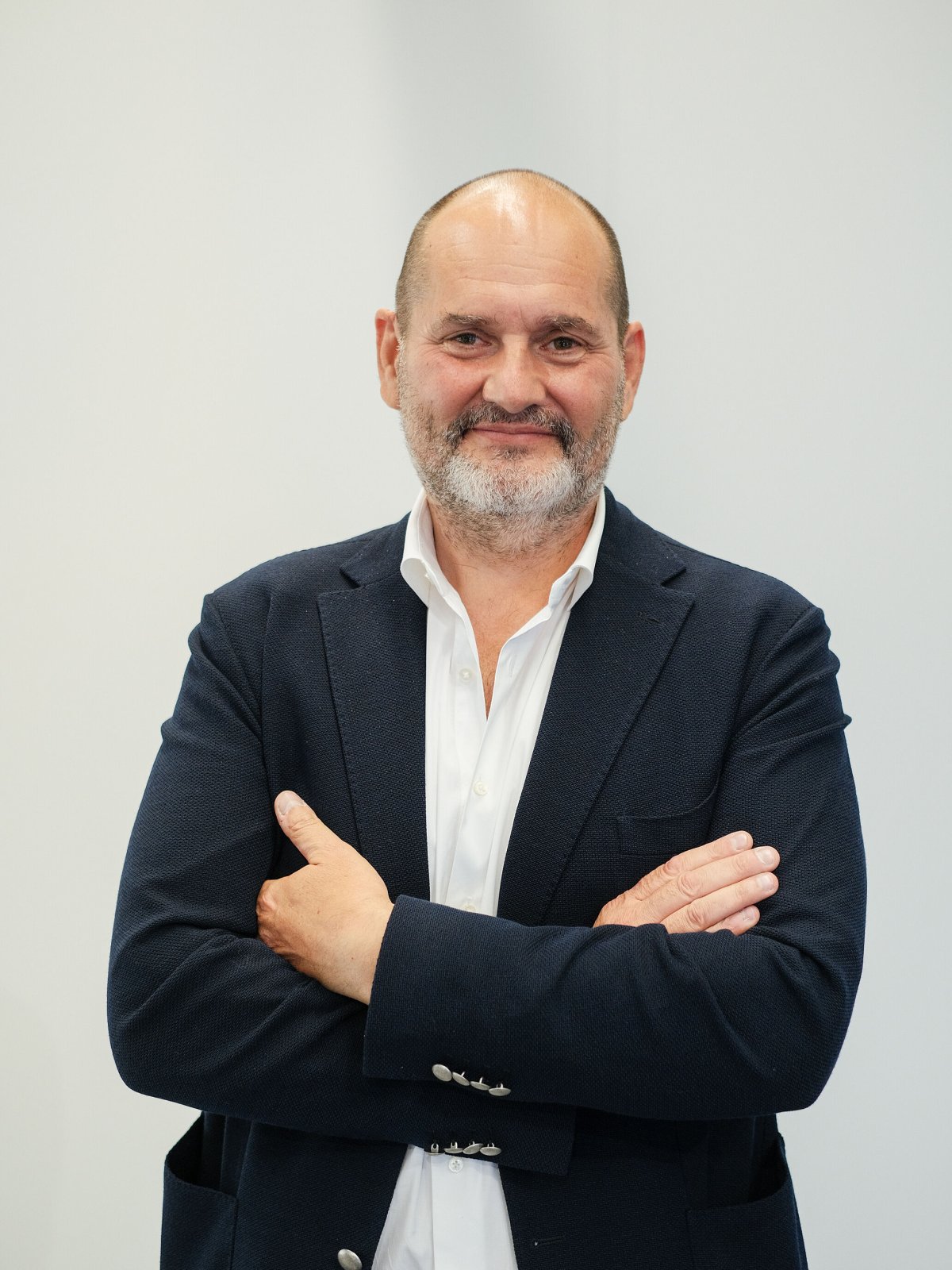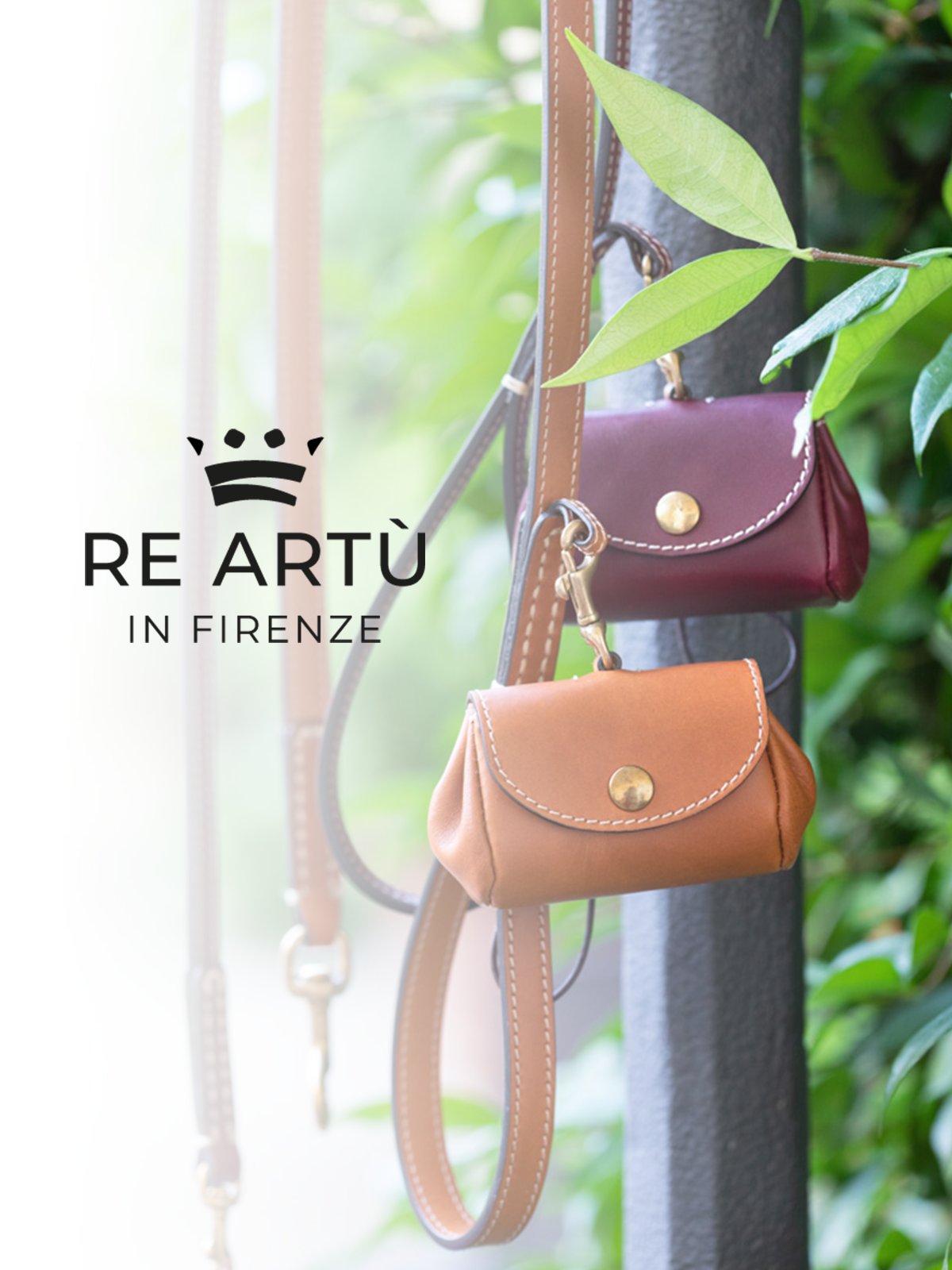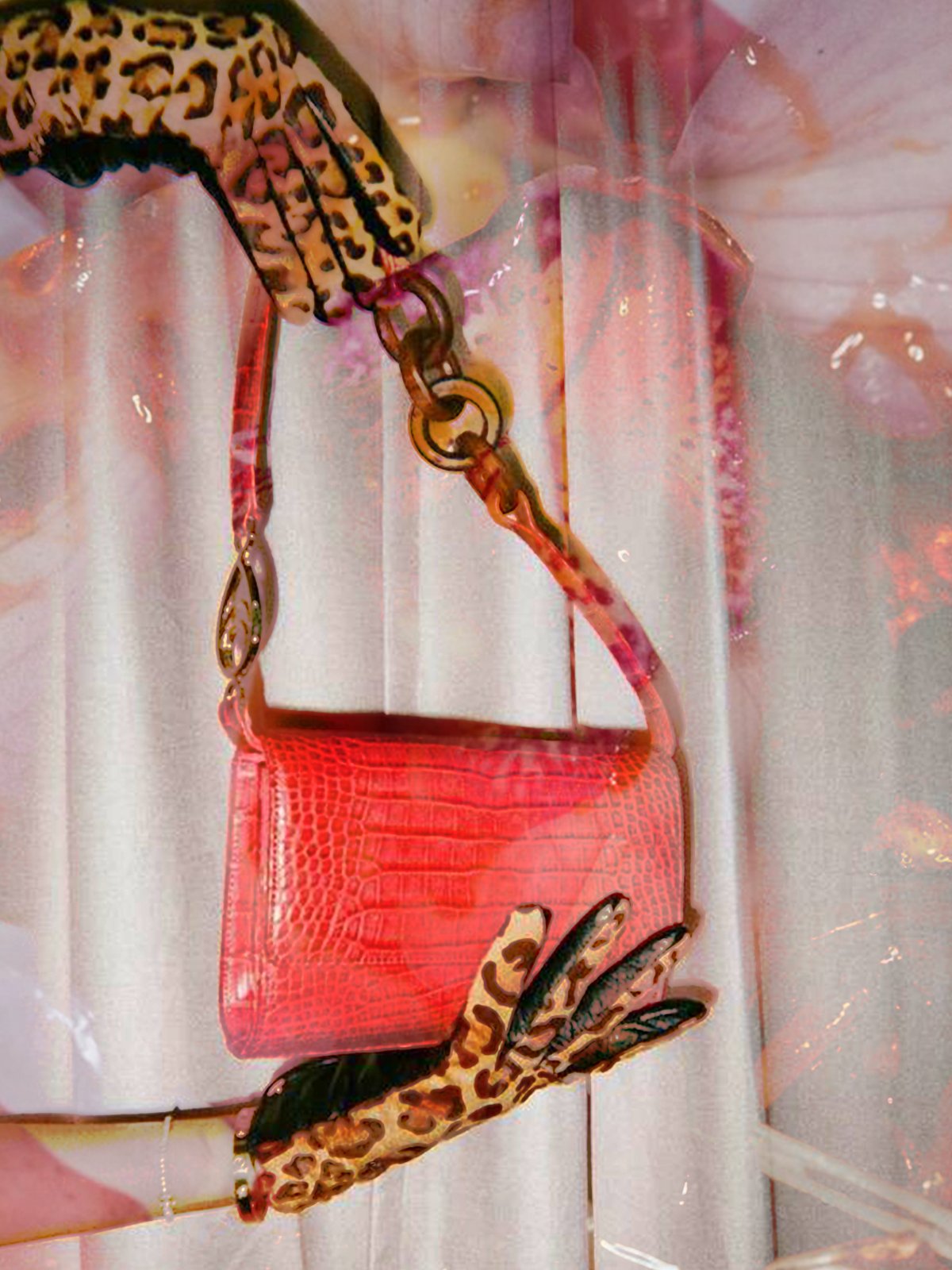News
Green solutions for Tacchificio Villa Cortese

FheelBio™ BCA is the new project that Tacchificio Villa Cortese presented at the last Lineapelle: a new material for heels and accessories of biocircular attribution that is ISCC Plus certified. We talked about it with Silvia Paganini, Sales and Marketing Director.
What are the strengths of this new product of yours?
Born out of the relentless work of the R&D department, FheelBio™ BCA (an acronym for Biocircular Attributed, in fact) features identical performance, quality and properties of standard products but involves the overall reduction of environmental impact indicators, including CO2 emissions associated with the product life cycle. The BCA designation refers to the sustainable content allocated via mass balance according to ISCC Plus certification, and comes from organic waste. This content is attributed to 65 percent by weight, and each transfer within the supply chain is certified and tracked with appropriate sustainability statements. Indeed, one of our founding values is to possess a transparent and Made In Italy supply chain.
The issue of sustainability is fundamental to you...
Sustainability is a philosophy that embraces our structure at 360° and is expressed by a constant push for innovation. For us, it means focusing on research and development to achieve the highest quality product, which is designed and manufactured to last. Our production is low impact on the environment and with minimal waste, thanks to the use of renewable energy resources and digital optimization tools that allow us to make significant savings in process and sampling resources. The packaging also minimizes impacts on the environment and waste production, to leave as light a footprint on the planet as possible.
What can you tell me instead about your other flagship, FheelGreen™, launched in February 2020?
I am pleased to see its great success, especially among brands that often have stringent material specifications. As a product specifically, it requires fewer resources during production and transportation (energy, water, etc.), and from this comes lower emissions (GWP) and outputs relevant to sustainability analysis. It is also optimized for recycling, without performance trade-offs.
